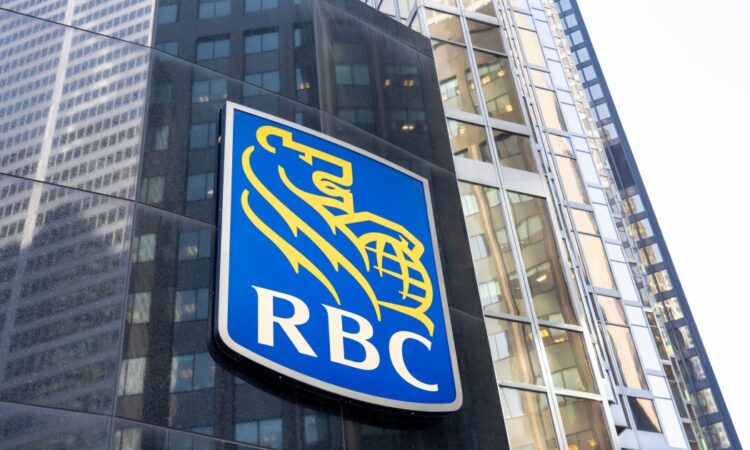
The Royal Bank of Canada reported lackluster profits this quarter, citing many of the same challenges faced by U.S. firms.
RBC CEO Dave McKay announced the disappointing numbers in a conference call with analysts on Thursday. In the second quarter of 2023, the bank’s net income came out to $2.68 billion (or 3.65 billion Canadian dollars), down 14% from the same quarter last year.
McKay said RBC had faced headwinds from inflation, rising interest rates and other concerns, including the political gridlock in the U.S. over its debt ceiling.
“Markets are facing structurally different circumstances following the end of an era of low inflation, low interest rates and increased globalization,” McKay said. “This is in addition to absorbing game-changing challenges, technology and decarbonization, as well as more near-term risks, including implications from U.S. debt ceiling negotiations.”
It’s been an interesting few months for RBC, the world’s 10th-largest bank by market capitalization. In November 2022, the bank announced that it was acquiring HSBC Canada for $10.1 billion, a sale that’s expected to be completed in late 2023. And in February this year, RBC acquired OJO Canada, the Canadian wing of a real estate tech company, for an undisclosed sum.
In April, RBC even managed to use the U.S. regional banking crisis to its advantage. After First Republic Bank released a dismal earnings report, RBC hired several of its wealth managers as they fled the failing bank, including one team with about $1 billion of client assets.
Read more: RBC picks up First Republic advisors with nearly $1B AUM
At the same time, the banking crisis has also been a challenge for RBC. Within one week in March, Silvergate Bank, Silicon Valley Bank and Signature Bank all collapsed in quick succession, rattling investors and bank customers across the continent. Since then the panic seems to have died down, McKay said on Thursday, but firms like RBC are still coping with the aftermath.
“While recent stresses in the U.S. regional banking sector appear to have eased, the fallout will likely include more liquidity and capital regulation and subsequent tightening of lending capacity,” McKay said.
Here’s a look at how RBC did in the second quarter of 2023.





